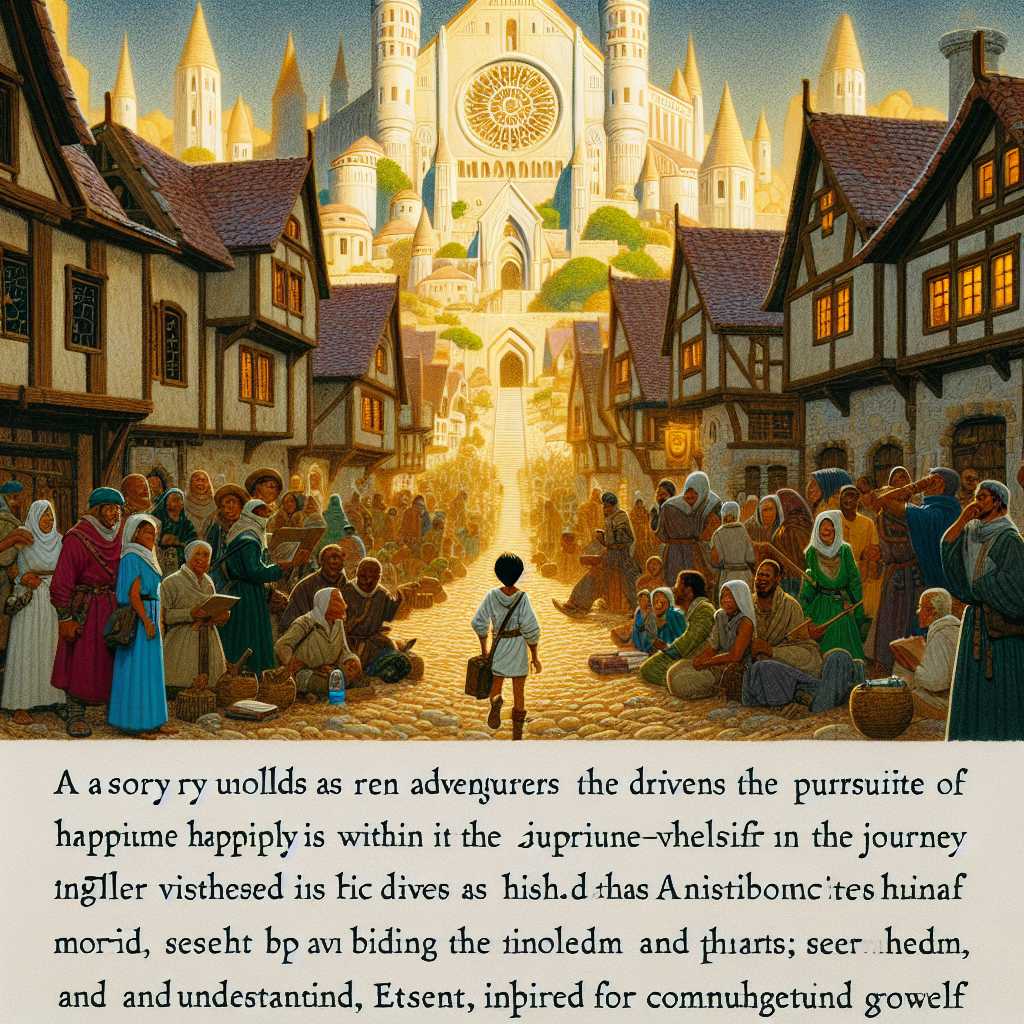
In the heart of London, during the autumn haze that mingles seamlessly with the early notes of winter, a veil of mystery undulates through the fog-laden streets. The nights are longer, the shadows deeper, and there lies an air of suspense, as if the city itself holds its breath, whispering secrets through the whistling wind. It is during one such night that our tale unwinds its sinewy grip upon the unsuspecting souls who breathe life into its being.
Margaret Hensley, a young typist with crimson curls and a penchant for detective novels, finds herself walking home alone from her office. The lamps cast an eerie glow, creating a pathway of trembling light amidst an ocean of enveloping darkness. An ominous weight settles upon her shoulders as she clutches her coat tighter, the click of her heels against the cobblestone a solitary symphony in the empty street.
Juxtaposed against this fragility, Inspector Lyle Bramwell, a man clothed in the certainty of his station and the valor of his years, stares pensively at the map littered with pins and ink. For weeks now, he has chased a shadow that danced just beyond his reach, a perpetrator whose macabre signature left the city in a grip of fear—a "gentleman" burglar known to strike where least expected, whose calling card was the haunting tune of "Daisy Bell" chiming through the homes he invaded.
As Margaret nears her modest apartment building, she pauses, sensing an inexplicable yet magnetic pull towards an adjacent alleyway. Her eyes, wide with equal parts fear and curiosity, discern a figure lurking within the shadow's embrace. A figure donning an elegant top hat and a smile that did not reach the eyes, a smile that warned of untold stories knit from the very fabric of nightmares.
"Good evening, miss," the gentleman spoke smoothly, a chilling warmth in his voice. "Might I trouble you for the time?"
With trepidation seizing her throat, Margaret attempted a polite nod, but before words could hitch a ride upon her breath, a piercing scream rent the night. It originated from her building, sending her heart racing as she fumbled into a panicked sprint towards home, leaving the unsettling gentleman enveloped by the alley's shroud.
The Inspector, swift to act as the scream's echo reached the precinct's ears, raced through the labyrinthine streets. The night air became a frenzied waltz of blue uniforms and the flashing of distant lanterns. This was it—the moment his quarry might finally stumble into the light.
The building seemed to groan with unrest as Margaret ascended the stairs, two by two, her mind ablaze with fear for her elderly neighbor, Mrs. Eldridge. Upon reaching the door ajar, she entered, finding the old woman trembling, pointing to an upturned chair and an open window where the breeze played a mocking hymn.
"He was here! Singing that wretched song, with hands as cold as the grave!" Mrs. Eldridge cried. "But when I screamed, he vanished like a ghost!"
The plot, it seemed, thickened into a palpable darkness, a smoke that clouded all reason and left one grasping for clarity. Inspector Bramwell's arrival was a gust of order in the ensuing chaos.
"Secure the perimeter!" he commanded. "I want every nook, every cranny scoured. Our 'gentleman' has made a mistake, and tonight, we shall be his downfall."
Margaret's statement dovetailed with the Inspector's understanding. The gentleman in the alley matched the description of the elusive burglar. Yet, as the investigation intensified, nothing beyond an eerie melody hanging in the air was found. No fingerprints. No incriminating evidence. A specter seemed to be their assailant, impossible to capture.
In his fervor, Bramwell had overlooked one detail—an heirloom ring that Mrs. Eldridge swore by her ancestors had been on her finger just hours before the incident. The absence of this ring sparked an inspiration in Margaret's detective-laden thoughts.
"Inspector," she began with a hesitant confidence, "Could it be that the burglar, in his haste, sought refuge in the very place we least expect him to be hiding now? What if he never left the building after all?"
A collective pause embraced the room. Minds raced; could they have been mere pawns in a grander game of hide and seek?
Bramwell, whose pride found no joy in being outsmarted, now wore a grudging respect for the typist.'Indeed,,' he thought aloud, 'the audacity might be his fatal error.'
Under his instruction, the building underwent a thorough search. Clever subterfuge soon crumbled; hidden behind a false wall in the basement, the gentleman burglar nestled among the antiquities he had pilfered, his complacency his undoing.
With the suspect in shackles, and somber melodies ousted by a symphony of victory, the city seemed to exhale its pent-up breath. Systems of justice and order reasserted themselves with ostentatious pride—except in the heart of Margaret Hensley, who understood something that she kept to herself: it was intuition, not just order and system, that had thwarted the shadow that danced through London nights. And in the world of shadows, intuition was the brightest light.
As autumn waned and winter claimed its dominion, the story of the Autumn Rhapsody Ripper, as the papers coined the gentleman burglar, became a whispered legend. It was a tale that, under candlelight, seemed woven from the very threads of London's eternal dance with mystery. The tale of a typist, an Inspector, and a chase through the painted veil of fear and courage would echo through the ages, a testament to the power of wits against the dark hearts of men.










